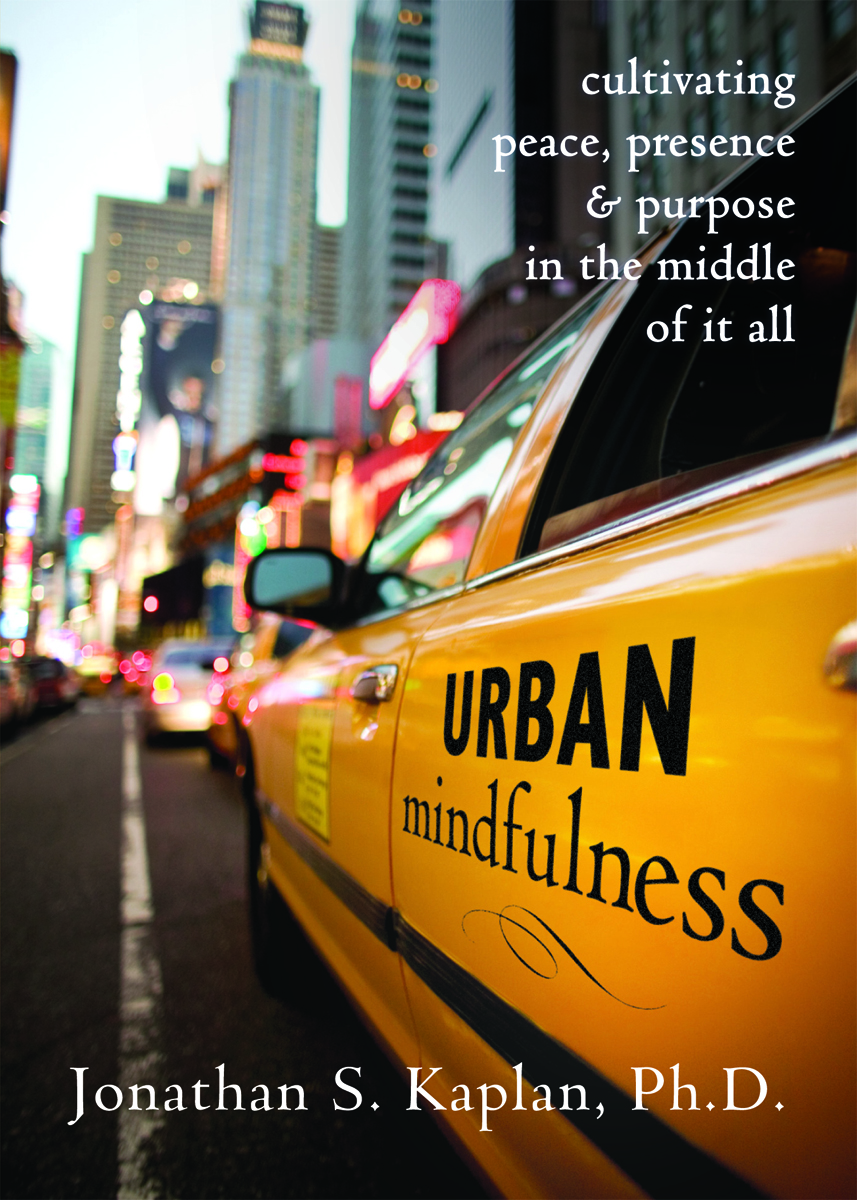Friday
Jan082010
What Do You Think About Me?
 Friday, January 8, 2010 at 10:54AM
Friday, January 8, 2010 at 10:54AM  By Jonathan Kaplan, Ph.D.
By Jonathan Kaplan, Ph.D.Lately, I’ve been thinking a lot about you. Yes, you. There’s a lot of you in the city. I see you in the park, at the bodega, on the bus, and even in the bathroom at Chinese restaurant that I like. It seems like you never really leave me alone.
It’s not that I’ve been wondering so much about you per se, but rather what you think about me. Do you think I’m smart? Do you think I’m fat? Do you like my hair? Do you think I’m the sort of person who would dance on a table in a crowded bar? Do you think that I would give-up my subway seat for a pregnant woman? Just exactly who do you think I am?
You see, I’m trying to figure that out myself. And, I don’t really know. Well...that’s not really true. I think that I do know what I like, what I value, and what I want to do. What I don’t know is what you’d think of that me. I expect that I won’t meet your expectations--that’s for sure. And so, I continue to wonder and live by what I think you think of me... But don’t worry: I won’t do anything too wild.
***************************
As a psychologist (and friend), I have seen too may people limited by what others have come to think and want of them. A parental “I expect you to earn good grades” provides fertile ground for the development of academically-based self-esteem (or self-recrimination). Messages of “You’re not good enough” from our partners can insidiously become an identity of “I’m the ‘not good enough’ one,” which we carry with us into social encounters and other relationships. Like writings in wet cement, these messages of who we are--whether from others explicitly or from our presumptions of others’ opinions--can become concretized and leave us little room for self discovery, self growth, and self expression (and self esteem, for that matter).
Ideally, we would not let others’ opinions of who we are and who we are not determine who we allow ourselves to be. If anything, it should be the opposite: Who I am determines what you think of me. You might not like who you see. I might see you not liking me. And, as we say in Brooklyn, “Fuggedaboudit!”
How do I want to live my life? Determined by the expectations of others or guided by my own freely chosen values and behaviors?
Here’s where mindfulness can come in handy: When you find yourself wanting to do something but refraining from it, bring your attention to the discomfort and the judgments passing through your mind. Who’s voice is this? Yours? Your parents? The person next to you who has spoken a word? Let go of this voice and do whatever it is you wanted to do. It’s your life, not theirs.
Of course, I’m not encouraging you to break laws or violate the rights of others. We must respect certain rules and principles in order to function well as a society and protect our own personal liberties.
What I’m talking about has more to do with how we define ourselves. If that tart with goat cheese, leeks, and tomatoes looks delicious, but “real men don’t eat quiche.” What do I do? Deprive myself of something yummy in order to conform to your stereotype of masculinity or enjoy a delicious lunch? Hopefully, your answer leaves me wiping crumbs off my face.
tagged  self esteem in
self esteem in  Letting Go,
Letting Go,  Relationships
Relationships
 self esteem in
self esteem in  Letting Go,
Letting Go,  Relationships
Relationships 

